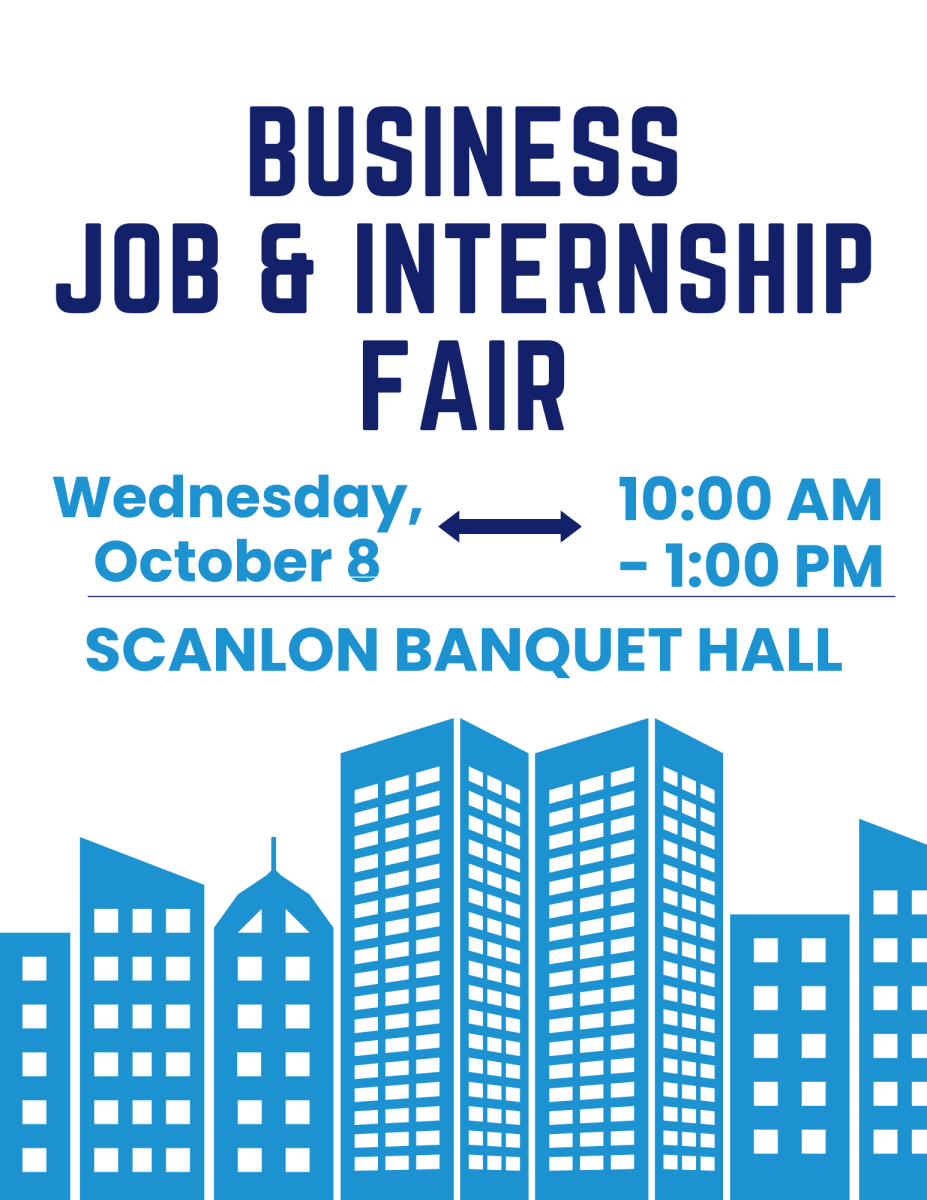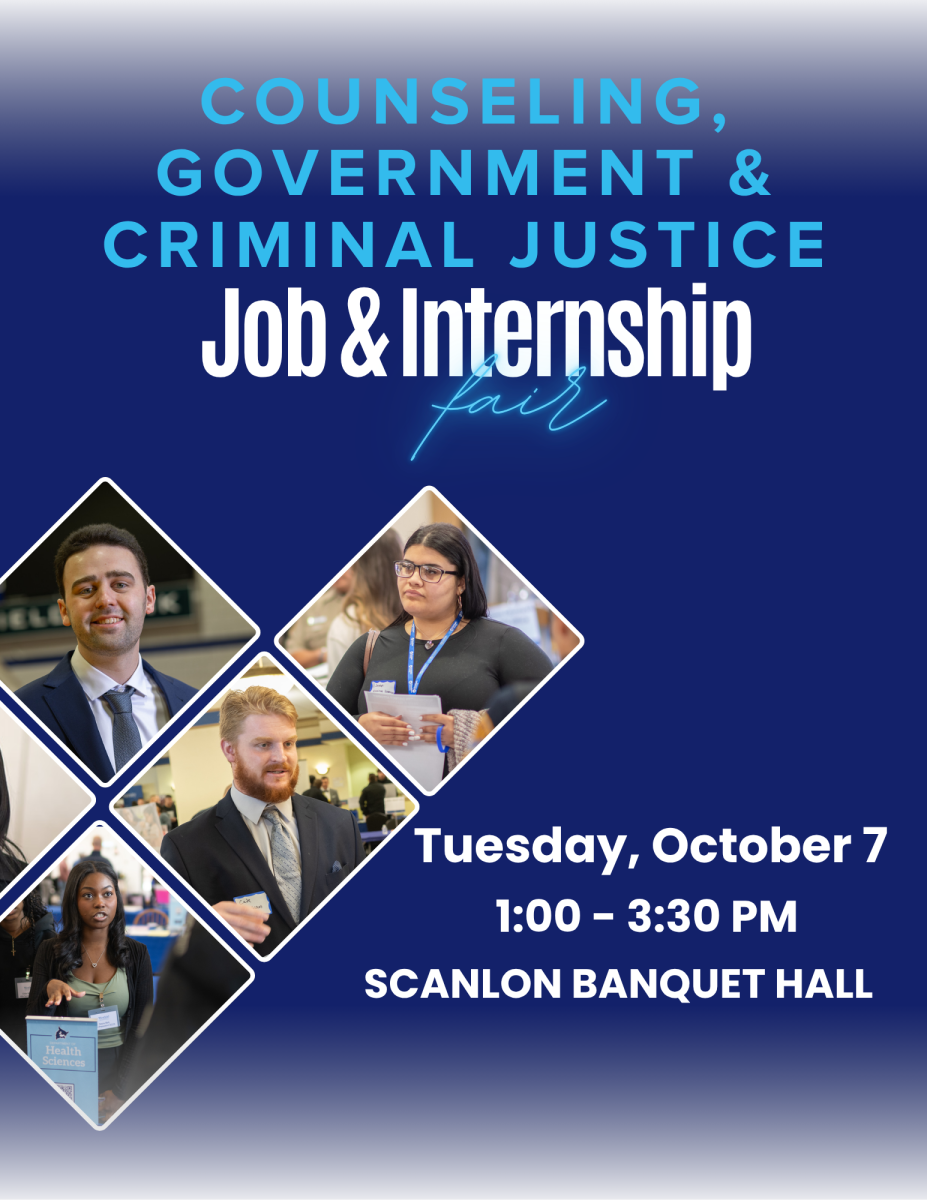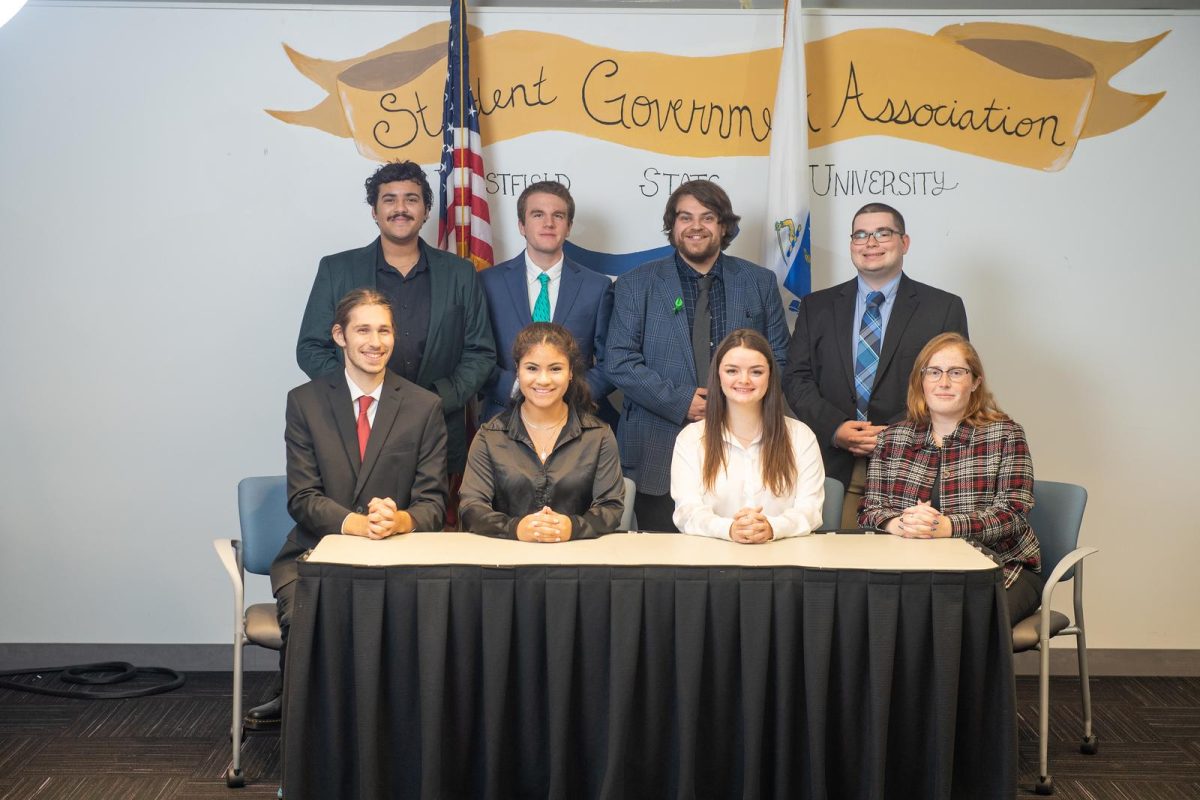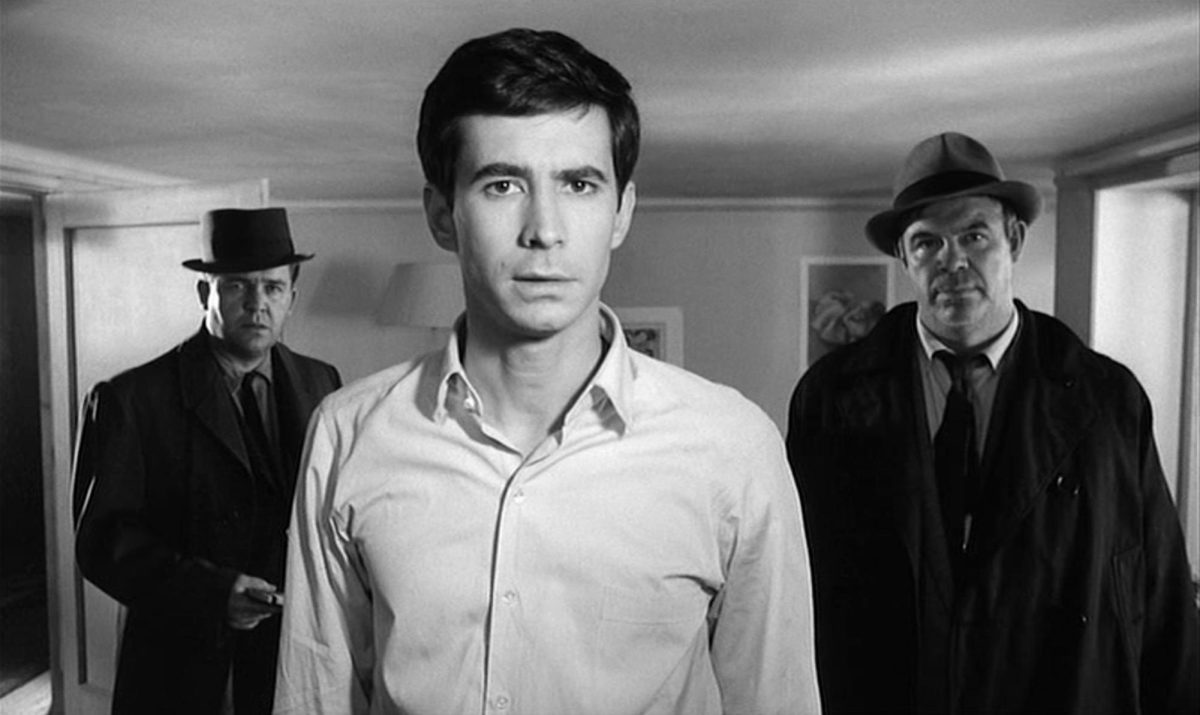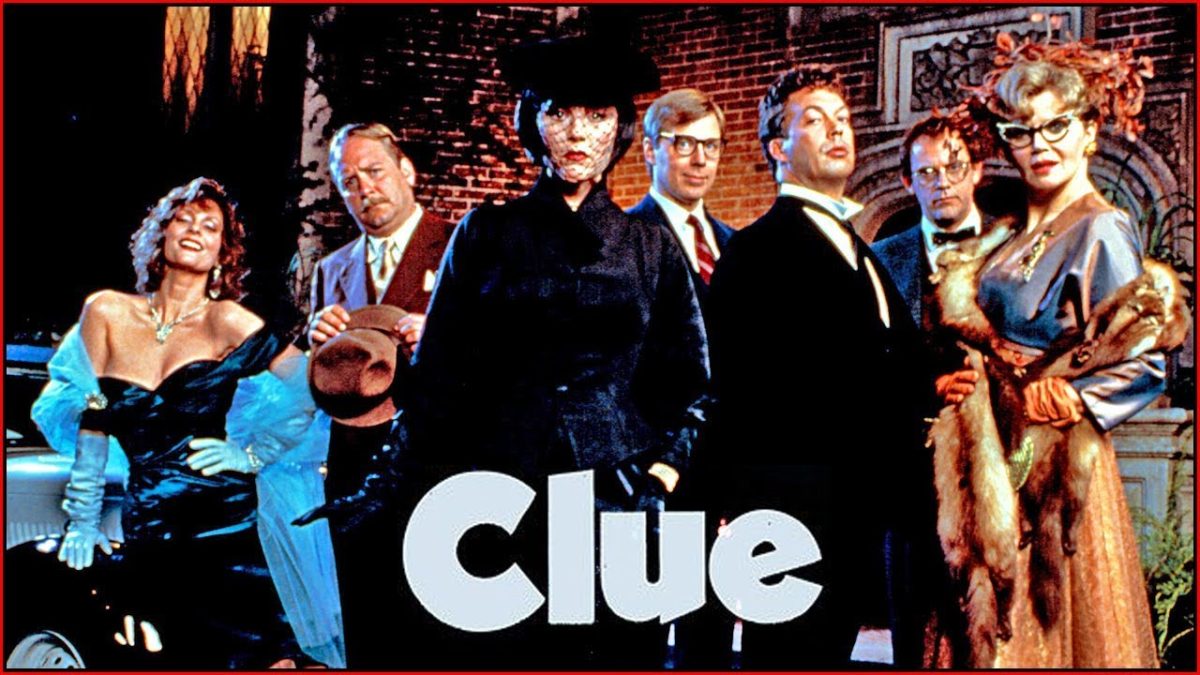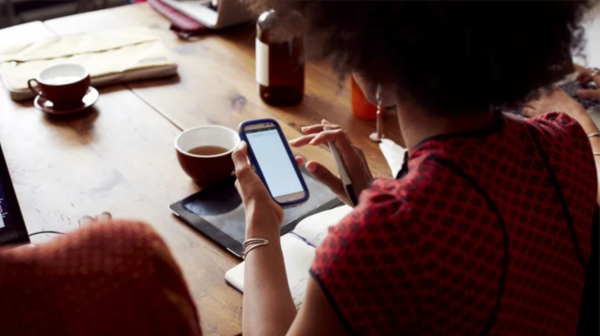
The internet is absurdly addictive. We are permanently connected to it; We sacrifice our time and productivity for something unproductive, for the sake of avoiding a hard task, or just because we are bored. Ultimately, we’ve completely screwed our attention spans. While the internet isn’t necessarily new, its effects are becoming seemingly more apparent since the construction of social media.
While distractibility is not new, recent studies show a correlation between heavy social media use and a steady decline of our attention spans.
I conducted a Survey to find out the effects social media has on our cognitive abilities, with about half of the participants being college students at Westfield State University, while the other half were people who did the survey via a social media post on Reddit, and the findings are both expected, yet surprising.
When participants were asked “Do you find it hard to focus on tasks with undivided attention without looking at social media?” 16 of the total 26 participants answered yes, while the other 10 were in opposition. I found that out of the 11 of those participants who admitted this occurrence had also answered that they compared their looks and lifestyles to others via social media- the main platform being instagram. I found this link fascinating as Instagram is the main hub for the beauty industry, and it is notoriously known for a tremendous output of fabricated looks and lifestyles. It is also noteworthy that 24 of the participants had reported using social media for more than 5 days a week, for more than 30 minutes.
While it requires self-reporting to truly know whether these participants have low-self esteem, the traits mentioned are often linked to self confidence issues, which is a major psychological factor in mental health, and cognitive functions. (Mann 2004). More specifically, some of these health issues include depression, anxiety, and attention deficit disorder. (Self-Esteem and Mental Health).
Many are subject to viewing social media before bed- It’s easily accessible and has become a habit for the masses. 10 participants had explicitly stated that they consume social media at night, while 3 had replied with varying times that could include nighttime. Consuming social media at nighttime is often linked to poor sleep, which in turn affects many aspects of our daily lives such as performance in school, emotional regulation, and just our overall health. (van den Eijnden)
Multitasking and Attention Span
At times we become completely unaware of how much time we are spending on social media, oblivious to how much information is being flooded into our brains. Because of this, a constant state of multitasking has been adopted unknowingly by many.
According to the scholarly article, “The Online Brain: How The Internet May Be Changing Our Cognition” by Joseph Firth et al, a study conducted by Leo Yeykelis measured the media multitasking of participants that differed depending on the type of media content on laptops. The results showed that task-switching occurred every 19 seconds, with about 75% of the content being viewed for less than a minute by the individuals.
Likewise, the popular article “Why Everyone’s Worried About Their Attention Span- And How To Improve Yours” by Time Magazine, written by Jamie Ducharme, discusses the direct impact of social media on our attention spans. The findings of a recent UK study indicated that about half of adults believe that their attention span is getting shorter. Interestingly, teachers are also beginning to see first-hand the effects social media has on their students. Gloria Mark, professor of informatics at the University of California, Irvine, presents the idea that screens bring forth distractibility due to the number of notifications people receive, whether it be social media or other apps. She also brings attention to the idea that attention is “goal-directed”, meaning that people will stay on task if they are reminded of what they’re trying to achieve. One study mentioned in the article was done in 2016, and the findings concluded that students were only able to focus on a lecture for 10 to 15 minutes.
Interestingly enough, There are various videos on TikTok of elementary and middle school teachers explaining how their students struggle with reading, writing, and comprehending. This also brings forth the concern, as to how social media is affecting the children of today, especially in an academic setting.
Effects on Working memory
On the contrary, Rachel S. Lara, writer of the Trade publication article, “Cognitive Functioning and Social media: Has Technology Changed us?”, brings to light that interestingly there were no significant findings to an effect on working memory. The study conducted for this required 70 people performing cognitive assessments that included a test of inhibition, working memory, and social networking use. The assessment was done online, where the participant’s environment was not able to be monitored. Whilst many of the cognitive abilities such as Multitasking and and focus were not being tested, It is worth noting that the nature of an uncontrolled environment could have interfered with the results of this research.
The scary aspect of this is that many of us are unaware of how frequent we are task-switching, and how short our attention spans have become. In personal experience of being a video editor, I’ve been able to learn and pick up how the way we decide to edit and format our videos affects viewer retention. Even a 30 second Tiktok or YouTube Short can be tricky to achieve even over a 90% average view duration. Because of this, many content creators and influencers have picked up on the importance of quick cuts, and fast editing, while finding ways to remind your viewer what they are watching the video for. You may even have come across this phenomenon on TikTok which is referred to as “TikTok Sludge Content’, and it’s to have multiple unrelated clips playing side by side in order to retain the viewer’s attention. Some of the more popular clips range from Subway Surfers gameplay, to Family Guys clips, and soap cutting videos. (Ede-Osifo 2023)
Future Research
The survey I was able to conduct gave a lot of great insight as to how social media is so connected to our lives, and how certain links may lead to issues arising in our cognition. Because this survey was not an assessment of cognitive abilities and relied on self-reporting, I would have liked to ask the participants more specific questions such as “how often are you multitasking?” or “How many social media platforms do you alternate between on any given day”. These would be more straightforward answers to connect to a true affect on our cognition, and would help determine what aspects of our lives are truly being controlled and consumed by social media.
